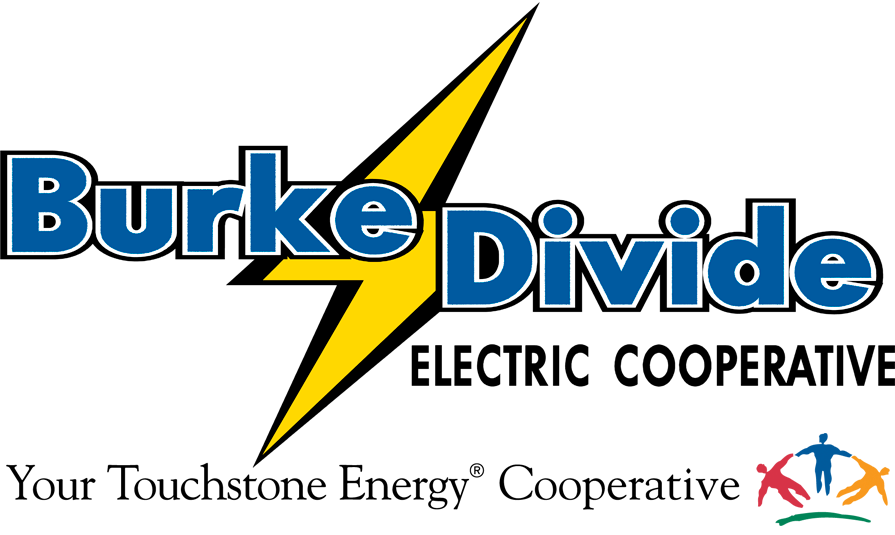You might have the paint selected and the hammer in hand, but have you considered the safety of your next do-it-yourself (DIY) project?
Josh Eldridge, owner of Capital Inspections in Bismarck and a certified home inspector, offers five tips for staying safe during a DIY home renovation.
1. Leave wiring to the professionals.
Safety is a concern in any DIY project, but especially when the work includes a home’s electrical system. Working on or near a home’s electrical system can be hazardous if you don’t know the rules. That’s why it’s a good idea to leave the installation or repair of your home’s electrical system to licensed electricians.
“Calling an electrician is always the best,” Eldridge says. If you are doing any electrical work yourself, shut off the appropriate breaker, then use an outlet tester to be sure the electrical circuit is de-energized.
2. Set the ladder properly.
Be sure the ladder’s feet are on a solid, even surface and not on soft or frozen ground. Always have three points of contact going up and down the ladder, and extend the ladder four or five rungs above the roof line to help you get onto the roof. Always have a spotter. And look up when working outside, so the ladder does not contact power lines.
3. Remember your PPE.
Wear appropriate personal protective equipment (PPE), such as safety goggles and ear protection, when using power tools.
“Eye safety is huge,” Eldridge says. ANSI-rated safety goggles should be used whenever you are working with power tools or where particles could be in the air.
4. Operate saws and power tools safely.
“Know the tool, know how to operate the tool and always wear protective eyewear, a good pair of gloves and steel-toe boots. And always use sharp saw blades. Sharp blades are always much safer than dull blades, because they cut easier and you don’t have to force it,” Eldridge says. “You have to be familiar with each tool you’re operating and how it works.”
Use ground-fault circuit interrupters with every power tool to protect against electric shock hazards. Unplug tools when cleaning or fixing, or while changing blades or bits. Do not use power tools with an extension cord that exceeds 100 feet.
5. If your project involves digging outside, call 811 first.
After providing your project details to North Dakota One Call, utility line owners will locate and mark their lines. These locates do not include any lines you may have installed to your private facilities, such as detached garages, wells or yard lights. Go online at ndonecall.com or call 800-795-0555 or 811.
